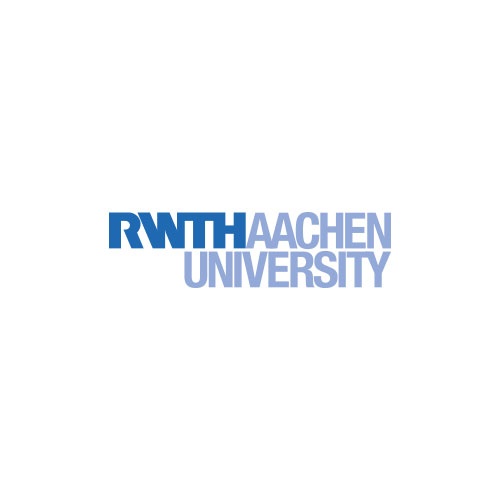RWTH: Continued External Funding for Three RWTH Research Training Groups
The German Research Foundation (DFG) has approved the applications from RWTH for continued funding of three DFG Research Training Groups. The research training groups “Modern Inverse Problems: From Geometry and Data to Models and Applications”, “Multi Senses – MultiScales: Novel Approaches to Decipher Neural Processing in Multisensory Integration,” and “Tumor-Targeted Drug Delivery” were established in 2018.
Modern Inverse Problems: From Geometry and Data to Models and Applications
Computational methods permeate every aspect of engineering and science, from analysis to discovery and optimization. Their evolution continues at a rapid pace, driven not only by ever faster computing hardware, but also by our growing understanding of the true potential of computer-aided methods. Practical simulations transition from single numerical experiments towards robust predictive tools; models of isolated phenomena evolve into model hierarchies representing complex systems.
The group has a focus on inverse problems and tackles, in particular, challenges arising from the interaction of geometry, data, models, and applications. In the upcoming second funding phase, particular emphasis is placed on data science as well as hybrid and hierarchical modeling.
The group benefits from an intense collaboration between the JARA Center for Simulation and Data Science (JARA-CSD) and the Oden Institute for Computational Engineering and Sciences at the University of Texas at Austin. Eleven RWTH professors are involved in the group, whose spokesperson is Professor Marek Behr, Chair for Computational Analysis of Technical Systems (CATS).
MultiSenses–MultiScales: Novel Approaches to Decipher Neural Processing in Multisensory Integration
The human brain is capable of simultaneously processing – effortlessly, it seems – a large number of sense impressions. However, science is far from understanding how the brain is able to achieve this. The group seeks to achieve a conceptual and mechanical understanding of multisensory neuronal processing at different levels of analysis. Thirteen RWTH professors are involved in the group, whose spokesperson is Professor Marc Spehr from RWTH’s Chemosensation Laboratory.
“Multi-sensory perception is omnipresent in our everyday lives. Whether it is driving to work in the morning or visiting a restaurant in the evening, we have to simultaneously process a vast number of sense impressions. We understand too little about how this can be achieved within fractions of a second,” says Spehr. “We want to train and educate our doctoral candidates in such a way that they are able to follow different career paths, regardless of their area of expertise. A comprehensive qualification strategy provides the basis for this – in a modular approach, we teach neuroscientific core competencies while also providing innovative elements, and there is sufficient flexibility to create individually tailored training programs.”
Tumor-Targeted Drug Delivery
The research training group seeks to research and develop tumor-targeted drug delivery systems and cancer nanotherapies. For example, the effectiveness of immunotherapies is to be increased by means of new drug delivery systems and nanomedicine formulations, and mRNA and siRNA are to be investigated as promising tools for therapy.
In addition, artificial intelligence offers great potential for diagnostics and precision therapy. The added value of machine learning for formulation optimization, patient selection, therapy response, their monitoring and individualized treatment, for example, will be assessed. Thirteenresearchers scientists from various RWTH faculties are involved in the group. Spokespersons for the group are professors Fabian Kiessling and Twan Lammers from the Institute of Experimental Molecular Imaging, ExMi.

